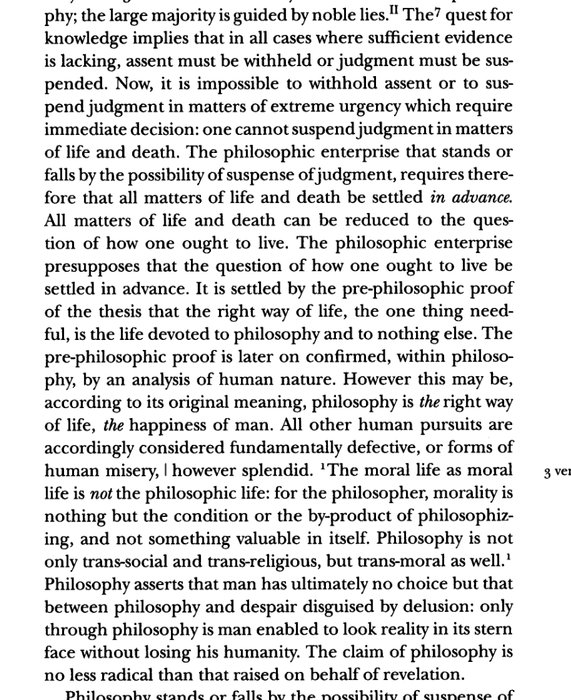Sublime
An inspiration engine for ideas
In the case of death, though, the subjectivity of harm is more apparent. Death is harmful if it thwarts our desires. But to what extent we experience it as harm depends on how attached we are to those desires. It harms us in that it deprives us of future life. But is that deprivation still harmful if we are happy to forego the future? While these
... See moreDerren Brown • Happy: Why More or Less Everything is Absolutely Fine
Whereas the existence of eternal souls is pure conjecture, the experience of pain is a direct and very tangible reality.
Yuval Noah Harari • Homo Deus
“The tragedy of man,” the twentieth-century Protestant theologian Reinhold Niebuhr observed, “is that he can conceive self-perfection but cannot achieve it.” And the tragedy of America is that we can imagine justice but cannot finally realize it.
Jon Meacham • His Truth Is Marching On: John Lewis and the Power of Hope
Our patients’ lives and identities may be in our hands, yet death always wins.
Paul Kalanithi • When Breath Becomes Air
“Nada disso é trágico. Você não é heroico o bastante para ser trágico”.
Rachel Aviv • Estranhos a nós mesmos: Histórias de mentes instáveis (Portuguese Edition)
He now believed the desire to live to be more than philosophy, more than psychology, but rather, a primordial principle of physics.
Olivie Blake • The Atlas Paradox (Atlas Series Book 2)

Il s’étonnait de la psychologie superficielle qui consiste à concevoir le Moi dans l’homme comme une chose simple, permanente, digne de confiance, et d’une certaine essence. Pour lui, l’homme était un être composé de myriades de vies et de myriades de sensations, une complexe et multiforme créature qui portait en elle d’étranges héritages de doutes
... See moreOscar Wilde • Portrait de Dorian Gray, Le
